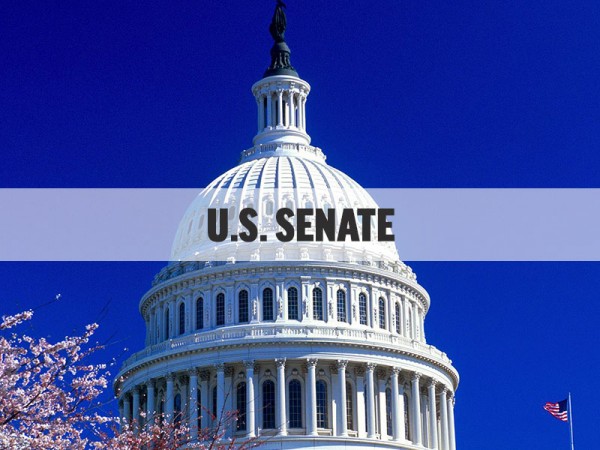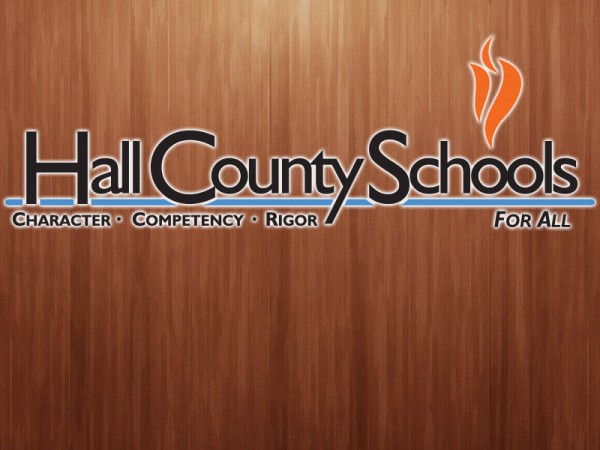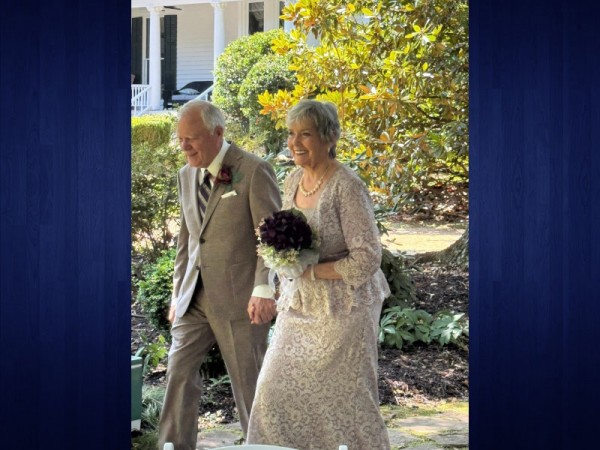ATLANTA -- Republican John Oxendine paid his former campaign manager's consulting firm to dispatch Christian teenage volunteers door-to-door promoting his bid for Georgia governor, a move that raises ethical and legal questions about the mingling of politics and nonprofit groups.
The volunteers are dropping Oxendine for governor fliers and promoting fellow Republican Tim Echols' campaign for an open seat on the Public Service Commission. Echols is Oxendine's former campaign manager.
The arrangement suggests the campaigns could be using a nonprofit group for political gain, experts said.
The Internal Revenue Service bans nonprofit groups with tax-exempt status from participating directly or indirectly in political campaigns. They can be stripped of their tax exempt status and fined for violating that ban.
Echols headed TeenPact, a national nonprofit group that trains Christian teenagers to get involved in government. Echols said the teens, some from out of state, were drawn from TeenPact's ranks but that it's not a group project.
"I have taken great precautions to ensure that no asset of TeenPact is used to aid any campaign, including my own," Echols said.
Oxendine's campaign is paying $12,500 to Echols' company, Gold Dome Consulting, to fund the outreach program, Echols said. That money was being used to pay for the students' travel to Georgia and to rent a TeenPact van to canvas neighborhoods for votes, he said.
Frances Hill, a law professor at the University of Miami who specializes in nonprofit tax law, said she wouldn't want "a client doing anything remotely like this."
"Money flying into a nonprofit that has its young devotees dropping off campaign literature ... would seem to place their nonprofit status in jeopardy," she said.
Two of Oxendine's GOP rivals - Eric Johnson and Nathan Deal - said they were approached by Echols with the offer of willing teen volunteers able to pump up their grassroots efforts with reliable. Both said no.
Johnson spokesman Ben Fry said the former state senator from Savannah was asked in early 2009 when he was a candidate for lieutenant governor and Echols said for a "substantial financial contribution" he could offer up TeenPact volunteers.
"He felt uncomfortable with the whole situation," Fry said.
Johnson had great respect for the Teen Pact program, Fry said, and was worried Echols was placing their nonprofit status at risk.
Deal spokesman Brian Robinson said Echols contacted the campaign soon after the congressman from Gainesville jumped into the gubernatorial race in the spring of 2009. The campaign declined out of a concern about safety and liability of having underage volunteers walking the streets, Robinson said. The students are between 16 and 20 years old, Echols said.
The teens also worked for Ralph Reed's 2006 bid for lieutenant governor without any questions being raised. Reed did not immediately return a phone call seeking comment.
Echols said he "explored opportunities with a number of conservative candidates pursuing a variety of offices and was very pleased to eventually have the chance to work for John Oxendine."
Bill Bozarth, head of the Georgia chapter of Common Cause, said he thought Johnson and Deal's campaigns "made a wise decision in steering clear."
"In my mind it does raise the question of whether this is an appropriate use of a nonprofit," Bozarth said.
Oxendine's campaign manager, Stephen Puetz, said the details were left up to Echols but that the arrangement had been cleared with the campaign's lawyer.
"He (Echols) did say he was going to use people that he knew from different youth organizations that he worked with," Puetz said. "So far we've been happy with the results he's provided."
Oxendine's campaign paid TeenPact in February 2010 to purchase a list of members, according to state disclosure records. The cost was $274.67.
The nonprofit reported gross receipts of $1.2 million in 2008, according to a federal 990 form. Echols was paid $74,667 in wages as the group's president and another $67,269 in other compensation.
In their tax filing, TeenPact, which is also known as Family Resource Network Inc., describes itself as a "a comprehensive leadership experience that brings kids closer to Jesus Christ, makes them better leaders and positions them to impact public policy in their state."
The group said it has trained more than 21,000 students middle and high school students in civic education since 1994.
The IRS ban on political speech by those with tax exempt status has faced some resistance.
In 2008, pastors at six churches either endorsed or made pointed comments about political candidates from their pulpits in defiance of federal tax law. The Alliance Defense Fund, an Arizona-based conservative legal group, orchestrated the pulpit protest to invite IRS scrutiny and a legal fight aimed at finding the restrictions unconstitutional.
Wednesday
July 2nd, 2025
2:56AM

















